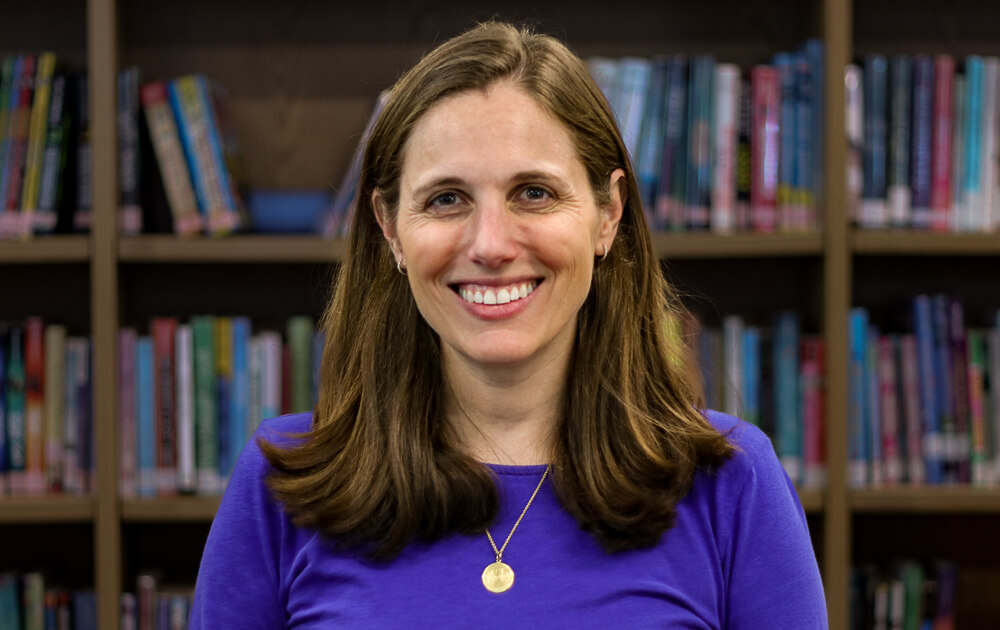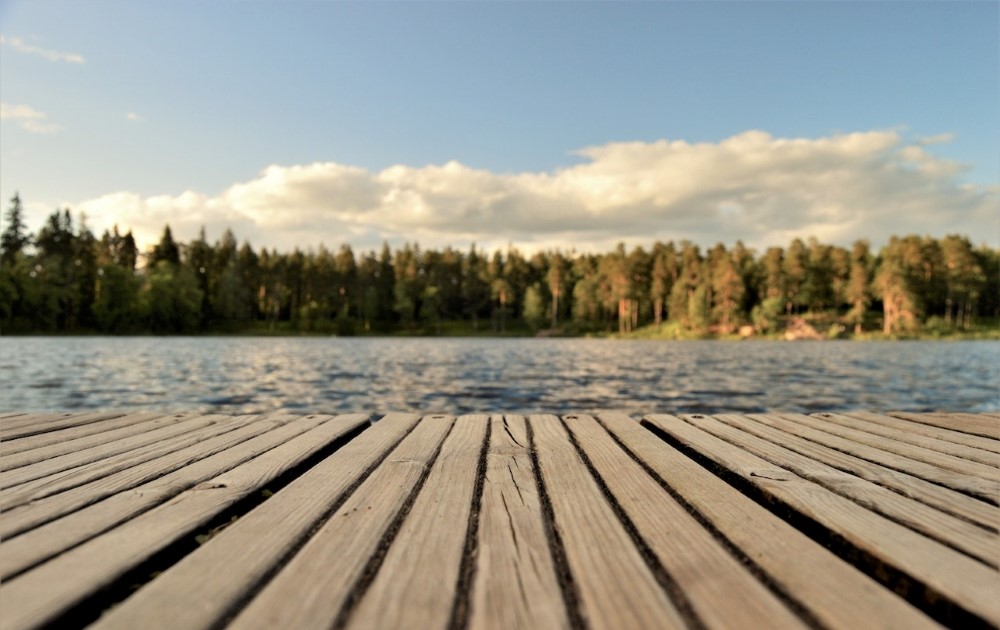By Doug Norry
June 1, 2023
Yesterday afternoon, our middle schoolers were treated to a classic “Who Done It?” performance by our 7th and 8th-grade drama troupe. After the show, Liam Kremer took the microphone to make a few announcements and dismiss students from their last Middle School Meeting. Our 8th graders bounded out of their chairs. Simply put, they are ready, and they’re not alone.
As we cross milestones such as end-of-year trips and Field Day, our students have done their best to remain on task, but it becomes progressively more challenging to stay focused as the countdowns begin. Some of you have heard me say that nothing should last longer than nine months. That was the length of my engagement, and having delivered our oldest child two weeks late, I know my wife would agree about the duration of a pregnancy.
Truth be told, the school year is closer to 9.5 months, but nonetheless, it will be over soon. Routines will relax. Breakfast will occur at the table instead of in the car, and afternoons will be homework-free. In short, we’ll feel the calm after the storm.
And what should we do with all this calm? Plenty of reading, for sure. I would advocate that you also preserve some time for your children to “do nothing.” This downtime might entail walking barefoot through the grass, building a sandcastle, catching lightning bugs, sketching a flower from the front yard, watching the sunrise, skipping stones at a lake, stargazing, or creating a sidewalk mural. Summer is an opportune time for kids to develop their powers of imagination and creativity and to learn how to amuse themselves.
Note that the activities suggested above take place outside and away from screens. Summer is a time to be less plugged in, less connected to the various media that monopolize our daily lives. Take the family camping, preferably to a spot where there is no cell phone service, or, as my mother-in-law advised in a toast at our wedding, just “play in the dirt.”
There’s a mountain of evidence to suggest that spending time in nature improves physical, mental, and emotional health. We are less stressed, more creative, and happier when we make time for nature in our daily lives. In one study conducted at UC Berkeley, researchers presented subjects with pictures of naturally beautiful scenes (vs. a control group that saw unremarkable pictures). All subjects were then asked to play two economics games that measure generosity and trust. Those exposed to the natural beauty scenes acted in a more generous, trusting manner during the games. If simply looking at pictures of nature can have an effect, imagine what sleeping under the stars can do for our collective psyches.
Twelve summers ago, we dropped off our older two children at sleepaway camp for the first time. (Side note: At least one of our children has been back ever since, and this summer two of our kids are counselors!). As kids checked into their cabins, I remember the director gathering all the parents and praising us for giving our children a unique gift that was sure to spur their growth – the gift of being away from their parents.
While sleepaway camp is likely not in the immediate future for most of our families, consider simple activities for your children that foster greater freedom over the summer. This could take the form of walking home from swim practice, biking solo around the block, or even getting farther ahead of Mom or Dad on a hike.
My final recommendation is that you encourage your children to try something new. Earlier this week, after reading a book to our younger students about a boy who taught his cats to read, I offered students in K-2 one simple prompt: “Tell me one thing you’re looking forward to learning how to do this summer.” Their answers were wonderful. Here are just a few:
- Whistle
- Sew
- Dig for fossils
- Do a cartwheel/handstand
- Roller skate
- Do a flip (off a diving board, on a trampoline, on the ground)
- Make slime
- Ride a bike
- Draw a better dragon
- Swim
- Become a better wide receiver
- Tie my shoes
Much is written today about the opportunity that summer presents as an “extended learning session.” While I agree with this sentiment, I would rather see children tackling this list than studying quadratic equations. I look forward to our final few days and then reconnecting in August when I hope to hear about your many family adventures!

